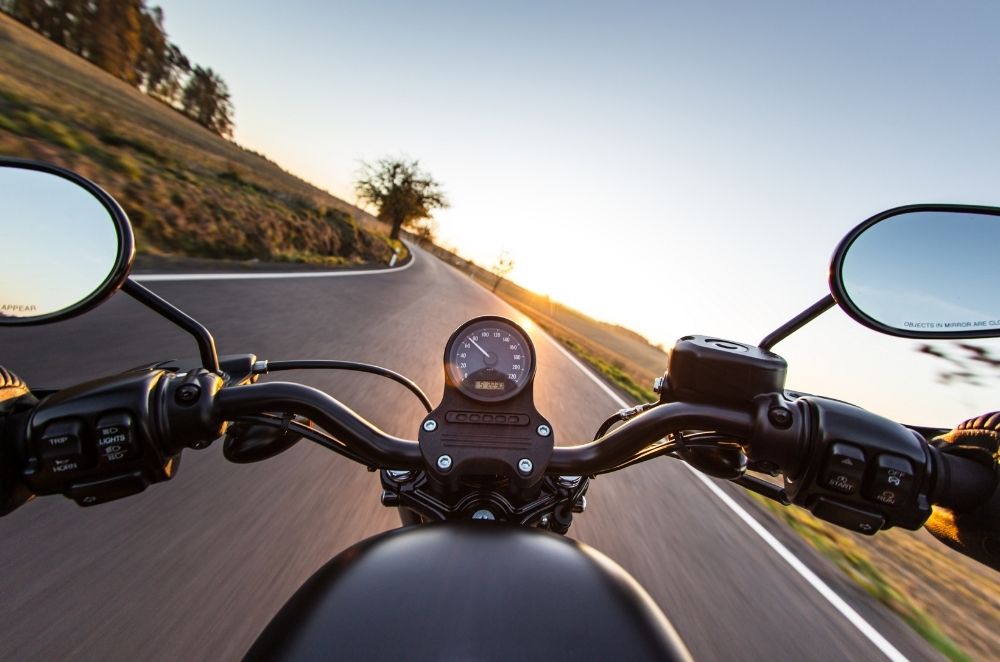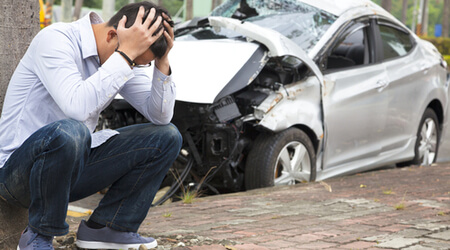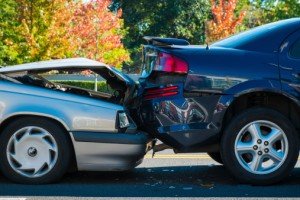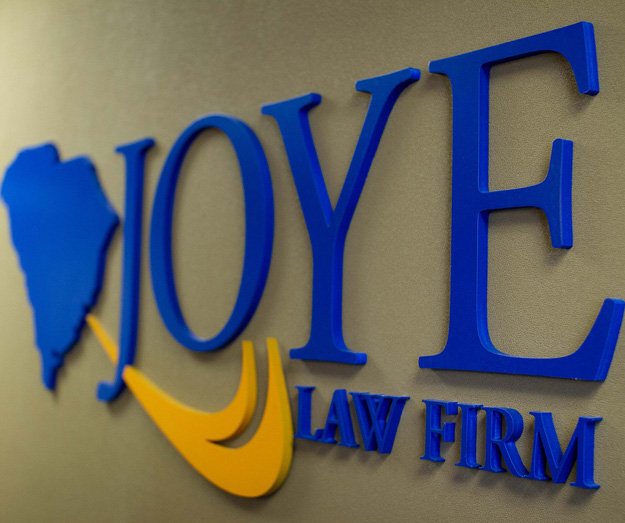
Riding a motorcycle is, in general, more dangerous than driving a car, truck, or SUV. This is because motorcycles don’t have safety features like airbags or seatbelts, and riders are more vulnerable in collisions. According to the Insurance Information Institute (III), the 2019 national fatality rate for motorcyclists nationally was 58.33 deaths per 100,000 riders. That’s approximately 6.2 times the rate for passenger cars and 8.5 times that of light trucks.
You may be wondering where most of these fatal accidents occur and whether the type of road has a noticeable effect on the risk of a crash. Read on to learn whether riding on city streets is safer, or if the highway is less risky.
Most Common Causes of Motorcycle Fatalities
Before determining whether city streets are more or less safe than highways, it is critical to understand how motorcycle accidents occur, and which common causes of crashes are most likely to result in fatalities.
According to the NHTSA’s 2019 CrashStats data, the majority (55%) of fatal crashes involving motorcycles were collisions with other vehicles. Of these incidents:
- 76% of motorcycles were struck in the front end
- 17% were hit from one of the sides (typically by a vehicle turning left while the motorcyclist continued straight)
- 7% were rear-ended by another vehicle
Other common causes of fatalities include impacts with fixed or stationary objects (23%), including road debris. Cargo that is improperly secured and falls into the road can easily causes crashes, in which case the driver of the vehicle carrying the cargo can be held liable. Car parts left in the road after other accidents, such as broken auto glass, tires, hubcaps, and bumper pieces, also can cause motorcycle crashes.
Where Do Motorcycle Fatalities Typically Happen?
The NHTSA’s CrashStats data report also includes a breakdown of the fatalities by location and motorway types.
The Federal Highway Administration (FHWA) breaks down roads into six functional systems, which the NHTSA also uses in its statistics:
- Interstates
- Non-interstate freeways and expressways
- Non-interstate principal arterial roads (major urban and rural roads that are not highways)
- Non-interstate minor arterial roads
- Non-interstate collectors (roads designed to connect arteries and local roads)
- Non-interstate local roads
Only roads in the first two categories are typically considered highways. The combined percentage of fatalities is 13% on highways (9% on interstates, 4% on non-interstate freeways) and 87% on all other remaining roads.
A significant majority of fatalities take place on regular streets. Of the six categories, the most lethal is principal arterial roads: 29% of all motorcycle fatalities occur on this type of road.
Does Speed Play a Role in Motorcycle Fatalities?
As speed increases, so does the severity of the impact in a crash, and the risk of death. Although motorcycle crash deaths are more common in cities and towns than on highways, you may wonder if a highway’s higher average speed (80 mph vs. 30 mph) contributes to higher fatalities among motorcyclists.
While accidents can occur at any speed, the Hurt Report, a well-known 1981 study regarding motorcycle safety and crash statistics, revealed some surprising statistics.
According to the Hurt Report, the median pre-impact speed is only 29.8 mph, and less than 1 in 1,000 crashes occurred at 86 mph or more.
Despite the age of the study, numerous motorcycle safety courses and accident prevention programs continue citing the Hurt Report, considering it a benchmark study with continued relevance today.
What Makes Highways Safer?
Despite the higher average speeds, all available evidence and statistics indicate that highways are safer than city streets for motorcycle riders. Although it may seem strange at first glance, there are many reasons why it makes sense:
- Highways have physical dividers, and traffic on each side flows in a single direction, virtually eliminating the risk of head-on collisions.
- Connectors and merging lanes are often visible and announced with signage, reducing the risks of side collisions with vehicles entering and leaving the highway.
- Traffic rarely stops and typically flows at a steady and consistent pace on highways (causing smaller differences in average speed from vehicle to vehicle).
- Highways usually have more lanes than city streets, offering all vehicles (including motorcycles) more space to overtake and avoid hazards.
Contact a Skilled Motorcycle Accident Lawyer Today
While knowing that taking a cruise down the open highway is actually safer than a trip around the block is helpful, motorcycle crashes still happen every day. Unfortunately, many motorcycle riders are severely injured or killed, and they or their families need compensation for their medical bills, pain, and loss. Joye Law Firm’s team of qualified and highly experienced attorneys has over 250 years of combined legal experience helping innocent injury victims. We have been proudly defending the interests of South Carolinians since 1968, fighting to get the compensation they deserve.
If you or a loved one has been injured in a motorcycle accident, act fast. Call one of our South Carolina motorcycle crash attorneys today for a free initial consultation.


































